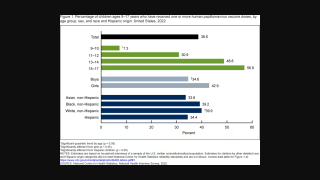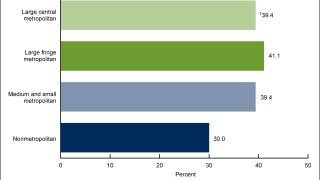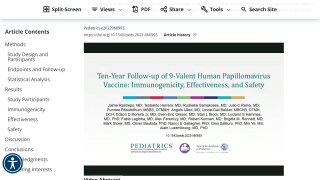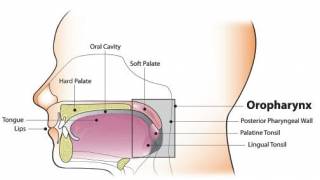Should Schools Offer HPV Vaccinations

A recent study suggests that providing vaccinations at school can effectively reduce preventable cancers. School-based vaccination programs have successfully demonstrated value in reducing influenza and meningitis.
In a cluster randomized PrevHPV clinical trial involving 91 municipalities, it was found that offering free human papillomavirus (HPV) vaccinations to students on school premises consistently and significantly increased vaccination coverage.
Published by the JAMA Open Network on May 23, 2024, this Original Investigation did not find a significant increase in HPV vaccination rates after training general practitioners or educating and motivating adolescents and their parents.
Furthermore, at-school vaccination was shown to have a similar magnitude of effectiveness among both sexes.
While most media attention has been focused on reducing cervical cancer in women, vaccinating men has been shown to reduce other cancers. This study found HPV-related cancers occurred in unvaccinated men (57 vs 26), which translated into a 54% risk reduction.
According to Nancy Lapid, reporting for Reuters on May 23, 2024, vaccinated males had lower rates of any HPV-related cancer and of head and neck cancers (3.4 and 2.8 cases, respectively, per 100,000 vaccinated patients, compared with 7.5 and 6.3, respectively, per 100,000 unvaccinated patients).
This new study is scheduled for presentation at the upcoming American Society of Clinical Oncology meeting on May 31, 2024.
A recent example is Rio Grande City Consolidated Independent School District in Texas, where a school-based vaccination program dramatically improved HPV vaccination rates. Initiation rates increased to 65.5%–69%, and completion rates increased to 41.5%–43.1% in 2019.
Previously, Dr. Katharine Price, a medical oncologist with the Mayo Clinic Comprehensive Cancer Center, commented in March 2024 that while HPV-related throat cancer is often curable, prevention is best.
Throat cancer is the most common HPV-associated cancer in men, and the rate of infection continues to increase.
"It's much better to get a vaccine that's safe, that has no long-term side effects or complications than to go through surgery, radiation, chemotherapy," says Dr. Price.
As of late May 2024, HPV vaccines are generally available at most clinics and pharmacies in the U.S.
Our Trust Standards: Medical Advisory Committee
























